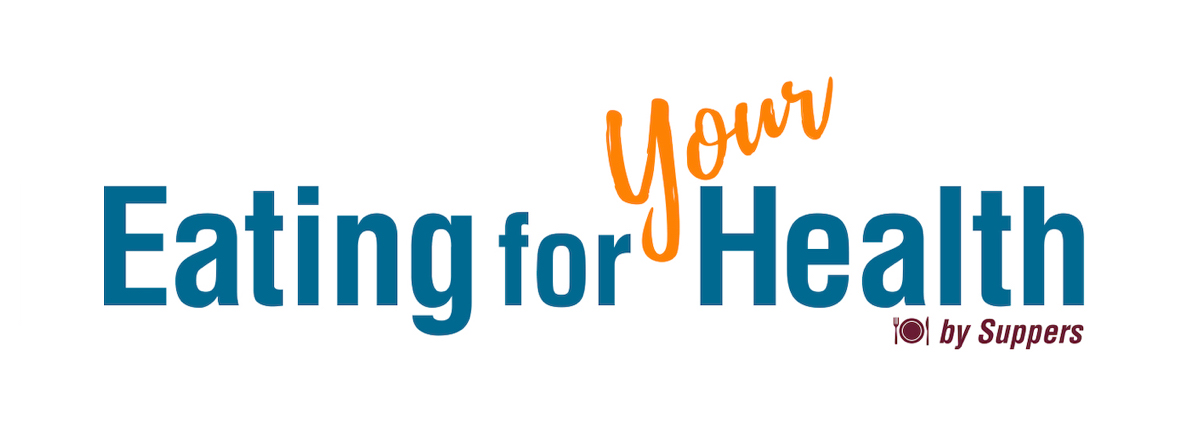1. The number one nutrient for the brain is oxygen. Minerals, water, and oxygen are essential nutrients because they have to be obtained from an external source either because the organism cannot make them itself or because insufficient quantities are produced.
If your child (or you) doesn’t breathe well, stop and look no further. Problems with the human “airway” or breathing mechanism are on the rise. Signs:
- Snoring, other observed interruptions in breathing
- Mouth breathing, no tone to the lips
- Forward head position (which opens up the airway)
- Tired during the day
- Sheets balled up after restless sleep
- Scalloped tongue (impressions of teeth on the sides of the tongue)
- The above with impulse control issues
- The above with learning issues
- Recurring pain, like jaw, neck or shoulder pain that just won’t resolve with treatment
If the child’s problem is that they can’t breathe well, no other intervention will have lasting effects until the breathing problem is dealt with. Parents are the first to observe airway problems. For more information check out the Foundation for Airway Health.
2. The second nutrient for the brain is water.
This is much easier to deal with. Drink water. Don’t wait to get thirsty. The brain – which is about 75% water – will stop functioning optimally with very small deficits of water. PLUS, our taste buds are so affected by processed foods that sometime we crave carbohydrates when the signal our bodies is trying to convey is that we need water. If you wake up in the night thinking you’re hungry, try water first.
Many of the first signs of dehydration are brain symptoms! You might feel:
- Hungry or craving
- Tired, cranky, irritated
- Headache
If a brain doesn’t have enough oxygen or water, you are going to see focus and emotional problems. It can’t function normally without its two most essential building blocks.
For a thorough consideration of hydration including recipes for hydration formulas, see Hydration Information by Karen Flicker, L.Ac.
Water gives the brain power for thinking by helping brain neurotransmitters function. Serotonin and melatonin are produced only when adequate brain hydration is present. Water increases the work efficiency of the brain. The brain can only tolerate a one percent loss of water.
Making your own alkaline water: Add 1/2 teaspoon of baking soda to a liter of pure water. Test with a pH strip, available where they sell water testing supplies. The goal is to achieve about an 8.5 to 9.0 pH level. Add more baking soda as needed, but keep track of how much is needed per container so you can reproduce is easily the next time.
Simple Alkaline water
- 1 gallon of water
- 1 teaspoon of sea salt
- 1 teaspoon of coral calcium powder
- Juice of 1 lemon
3. Adequate sleep functions as a nutrient and detoxicant.
4. Adequate exercise functions as a nutrient and detoxicant.
5. On the non-physical plain, love, bonding, and safety function like nutrients while adverse childhood experiences function as anti-nutrients. According to studies from Kaiser Permanente and the CDC, 80% of people who experience chronic illness later in life can point to at least one adverse experience from childhood like abuse, neglect, or sexual victimization.
6. Food.
The number one most important food for everyone is highly personal and there are no generalizations that can be made. That said, the healthiest brain foods are likely to be unprocessed foods, foods in their natural state, home-prepared, and eaten in a warm and safe environment. Even the seemingly healthiest foods will not work in your favor if you have an inflammatory response to them. So here is the rule of thumb:
Your best brain foods come from ingredients that:
- Do not cause inflammation in a particular person.
Don’t come in packages nor have labels.
General guidelines:
If you can eat grains, select whole grains and buy only small quantities at a time. Rancid fats are brain killers, and you don’t want whole grains that have been sitting around oxidizing.
If you can eat fish, the brain issues are:
Is it clean and uncontaminated?
Select cold-water, oily fish for the essential fatty acids that can only be obtained through food sources.
Blueberries are currently considered a super food, but any brightly colored, dark red and purple fruits contain brain-protective compounds.
Tomatoes, the fresher the better and eat with olive oil or any high quality fat to help you absorb fat-soluble nutrients.
Get enough protein. The topic is too hot about vegan, vegetarian or flesh sources. Just know that brain function depends on an adequate supply of amino acids from protein to provide the building blocks of neurotransmitters. These are the chemical messengers upon which all thoughts, feelings and activities depend. A consequence of not having enough includes depression and anxiety, poor concentration and learning issues.
If you tolerate them, eat nuts and seeds. The fresher the better. They contribute protein, fats and minerals that support brain function.
Green vegetables like broccoli and leafy ones like kale and chard. Almost no one is allergic to fresh vegetables. They are almost universally good for all health, including brain health.
Fermented foods, a whole separate workshop. See David Perlmutter, The Brain Maker.
And last but not least: Avoidance of toxins and anti-nutrients, including
Chemicals to the fullest extent possible
EMFs, which can at least be reduced with simple behaviors like not wearing cell phones constantly and placing devices as far away from bodies as possible while not in use.
Eat more organic foods and less conventional foods. To save money, know which conventionally grown produce has the least amount of pesticide residue.
Be smart. There’s a lot you can do to reduce your exposure: http://thesmarthuman.com/
10. Read more: Gut and Psychology Syndrome by Natasha Campbell McBride.
